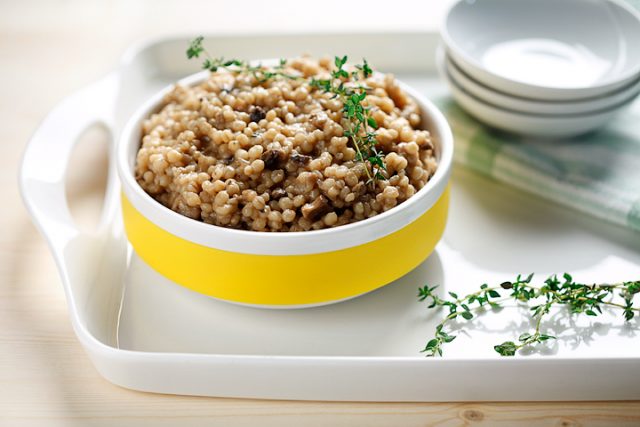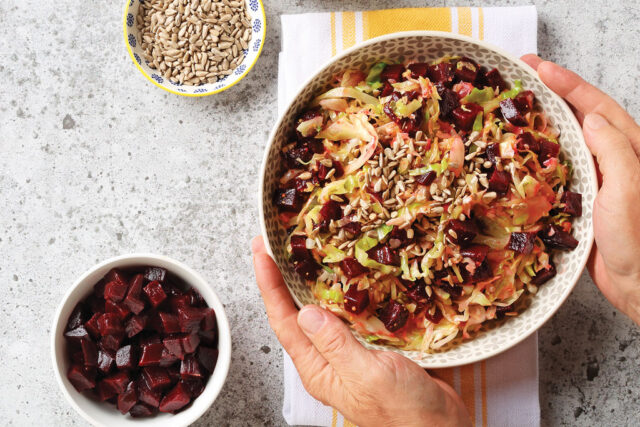Vitamin B12 is a very important vitamin because it helps run many of systems within your body. It participates in chemical reactions that build your tissues and organs, provides you with energy, helps clean toxins from your body, protects against infection, repairs damage and helps your cells communicate with each other.
B12 is produced in the gut of animals. It is the only vitamin that you cannot obtain from plants or sunlight. Plants do not need B12 so they do not produce or store it. To obtain this vitamin from your diet you need to eat meat, poultry, fish, eggs, dairy products, or foods fortified with B12. If you do not eat these foods, you need to take a supplement.
The truth is, you may be eating all the right foods and STILL be deficient in this vitamin. This is because the pathway that B12 has to take within your body is very complex and one roadblock (due to ailments, medications or many other reasons) could cause your B12 levels to drop drastically. Because of the complicated process to metabolize this vitamin (which happens to be more complicated than any other vitamin), there are many ways for it to break down.
The symptoms of vitamin B12 deficiency are so common and could lead to a number of different ailments that it is rarely diagnosed. It could present itself as depression, dizziness, poor balance, developmental delays in children, chronic pain and even dementia if it gets to a severe low. Many people who have stomach problems suffer from low B12 because the stomach may not product sufficient amount of the protein called Intrinsic Factor. Intrinsic Factor is necessary for the vitamin to be absorbed, making the consumption in the diet useless.
What are your options? Well, there are a few. First, you could change your diet. You could include more animal products in every meal. You could add a supplement to your diet. Or if you are concerned about your levels and are not feeling 100%, then go to your doctor and get your levels tested. There are a few different things that they could do to help you out…including getting an injection of the vitamin.
From a diet perspective the key is variety…as always. Keep your vegetables colorful and plentiful. Get enough healthy fats in your fish, nuts and vegetable oils. And make sure you’re getting the proper proteins. If you do not eat animal products, then make sure you are getting your complete proteins elsewhere. If you’re not sure how to do that, then please consult a doctor or dietician. You would be amazed how a healthy diet could change many ailments that plague you.
Keep it colorful!
Keep Well…Kristy





